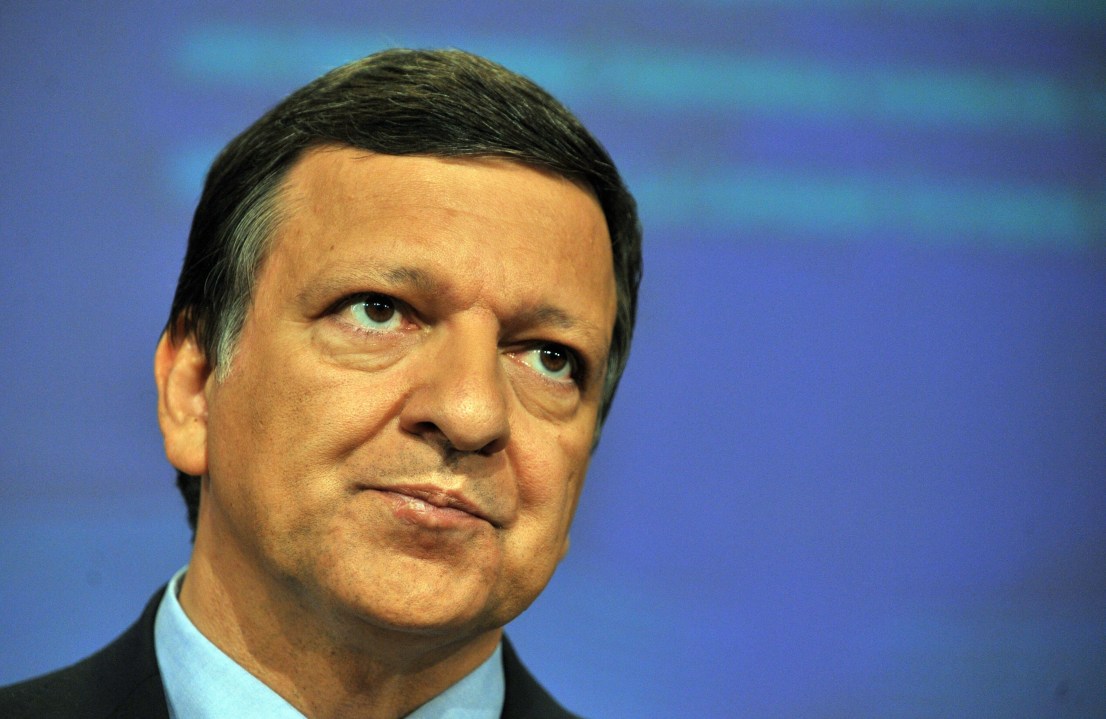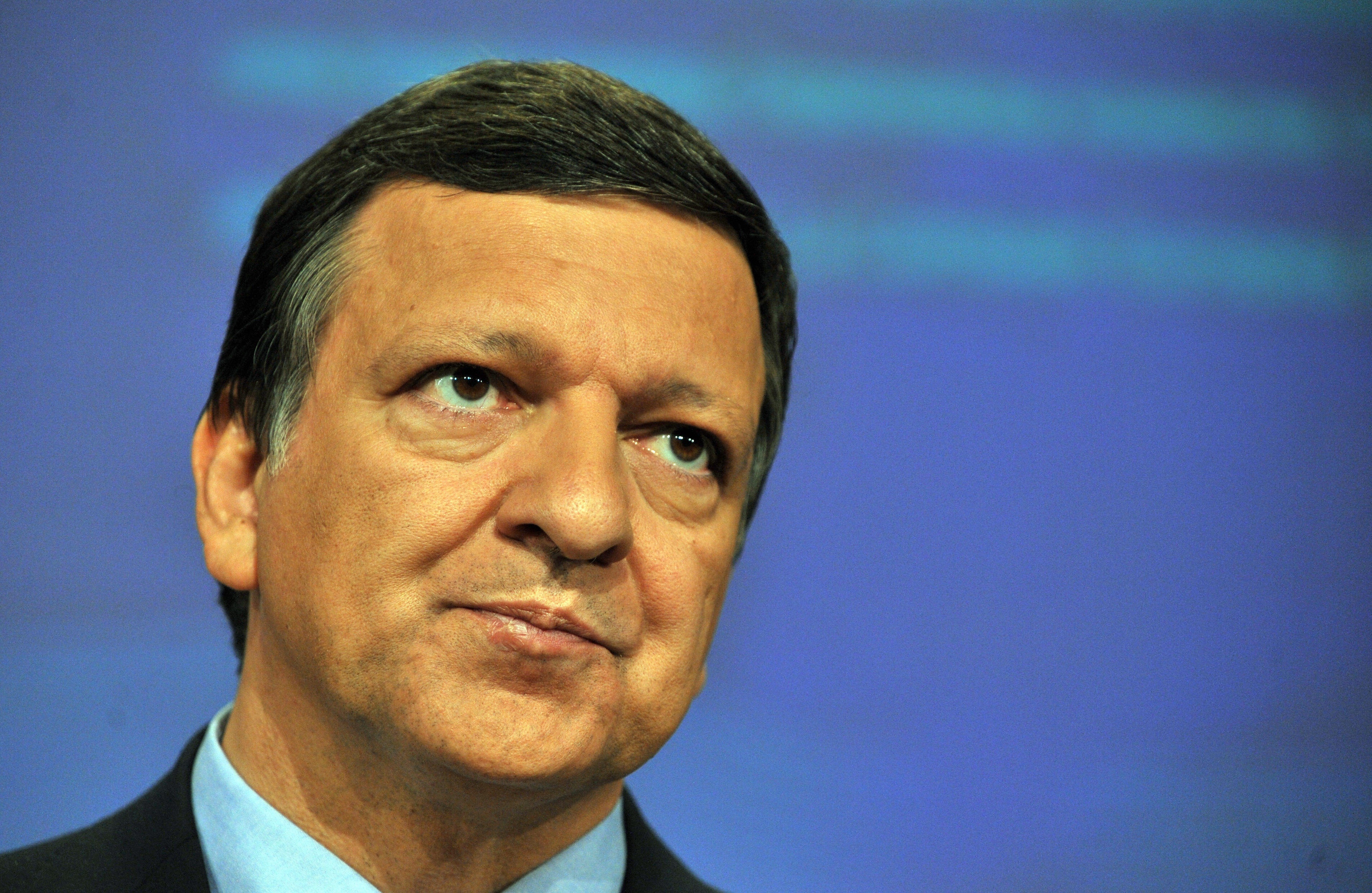 You have to hand it to the Eurocracy: it is nothing if not determined. The recent
horrors on the stock market have concentrated minds in Brussels and across continental capitals. The headline news is that France, Italy, Spain and Belgium
have placed a temporary ban on short-selling, but that’s just one counter-measure that has been introduced in the last 24 hours. And you’ll notice that these schemes are piecemeal;
there is no grand plan as yet to calm the markets.
You have to hand it to the Eurocracy: it is nothing if not determined. The recent
horrors on the stock market have concentrated minds in Brussels and across continental capitals. The headline news is that France, Italy, Spain and Belgium
have placed a temporary ban on short-selling, but that’s just one counter-measure that has been introduced in the last 24 hours. And you’ll notice that these schemes are piecemeal;
there is no grand plan as yet to calm the markets.
First, Spain has bent a suppliant knee before the European Commission to secure restrictions on Romanians seeking work. This is momentous: the first time that border restrictions have been re-imposed within the EU. The Commission insists that the limits are exceptional (Spanish joblessness stands at 21 per cent) and will lapse at the end of next year. But this is a dangerous precedent for those who once only advocated closer union, especially given the burgeoning scepticism about open borders and the emergency reforms of the Schengen Agreement after the flush of migrants fleeing the Arab Spring.
It is a very busy summer at the Commission. Barroso’s minions are planning to cap subsidies for Europe’s largest farms at 300,000 euros a year, in the hope of reducing the EU’s 55 billion euro annual expenditure on the CAP so that funds might be redirected to promote much needed growth. This is something of a victory for Britain and its allies (Holland, Germany, Denmark and Austria), who tried to reform the CAP earlier this year. The CAP is sacrosanct to many member states and the proposals will be met, as they always are, with savage resistance from France and perhaps the agricultural economies in Eastern Europe. That the commission is even considering this strategy is a sign of Brussels’ mounting desperation, and the pressure that the union now finds itself under.
The commission is also preparing to fast track 24 billion euros in bonds for Greece, having recognised that the emergency funds agreed last month in the second Greek debt deal are not available, because parliaments did not approve them before the summer recess. This crisis cash will then have to be added to the EFSF, which will need to be agreed by member states when they next convene in September. Officials also worry that national parliaments will not finalise the controversial second Greek deal until mid-October, by which stage further urgent capital might be needed, if not yet another debt deal. There is no better example of how the maladroit European leadership has fumbled its way through the sovereign debt crisis, authors of their own misfortune, and ours too.







Comments